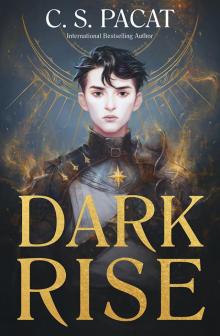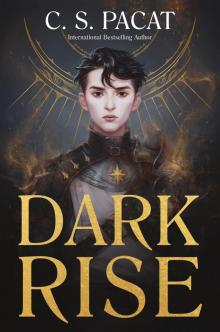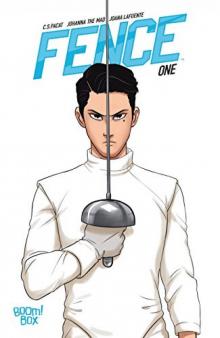 The Adventures of Charls, the Veretian Cloth Merchant
The Adventures of Charls, the Veretian Cloth Merchant Kings Rising
Kings Rising Green but for a Season
Green but for a Season The Summer Palacee
The Summer Palacee Captive Prince: Volume Two
Captive Prince: Volume Two Dark Rise: Dark Rise 1
Dark Rise: Dark Rise 1 Dark Rise
Dark Rise Captive Prince, Volume 2
Captive Prince, Volume 2 Fence 1
Fence 1 The Adventures of Charls, the Veretian Cloth Merchant: A Captive Prince Short Story (Captive Prince Short Stories Book 3)
The Adventures of Charls, the Veretian Cloth Merchant: A Captive Prince Short Story (Captive Prince Short Stories Book 3) Pet: A Captive Prince Short Story (Captive Prince Short Stories Book 4)
Pet: A Captive Prince Short Story (Captive Prince Short Stories Book 4) Green but for a Season: A Captive Prince Short Story (Captive Prince Short Stories Book 1)
Green but for a Season: A Captive Prince Short Story (Captive Prince Short Stories Book 1)